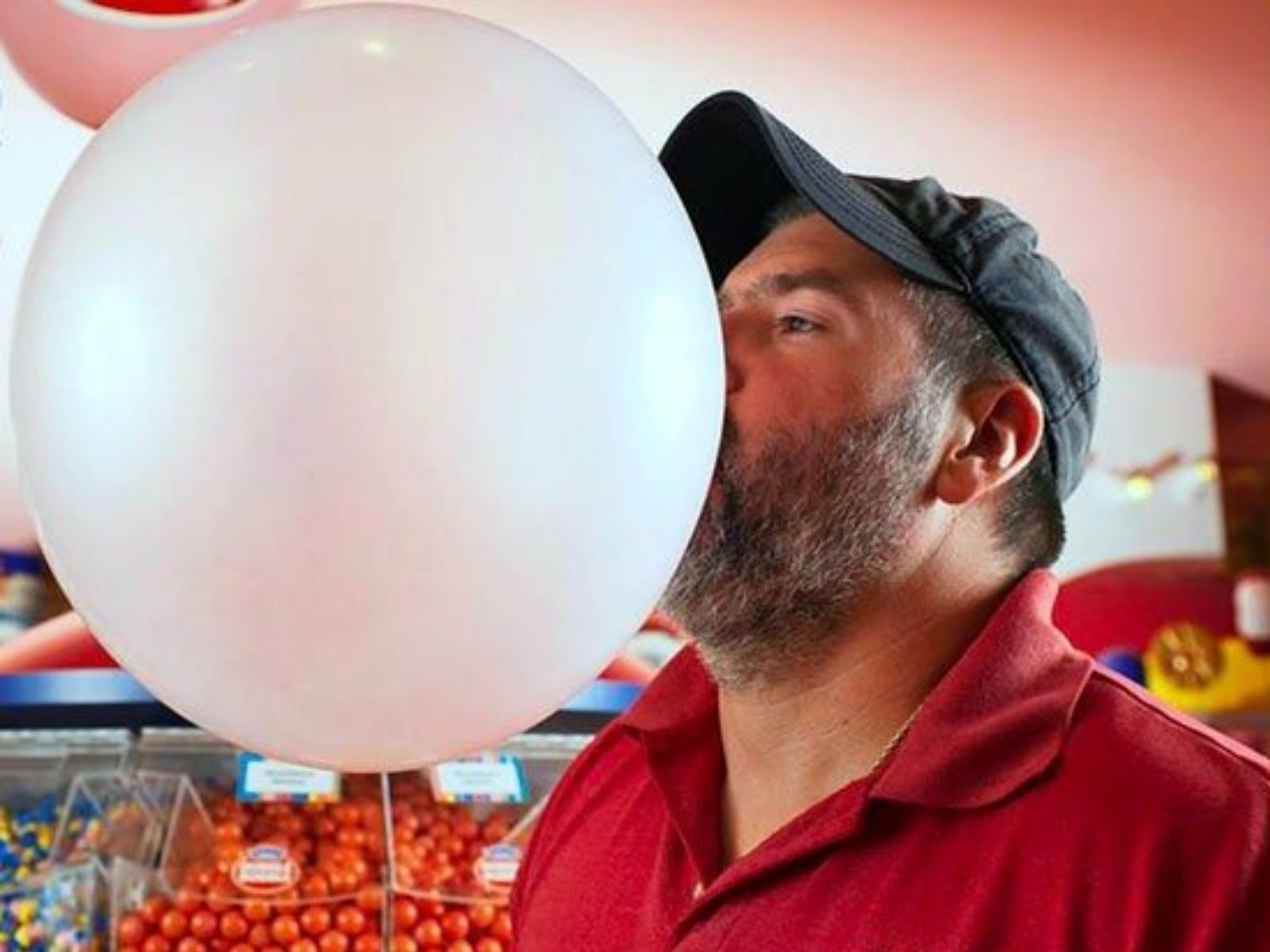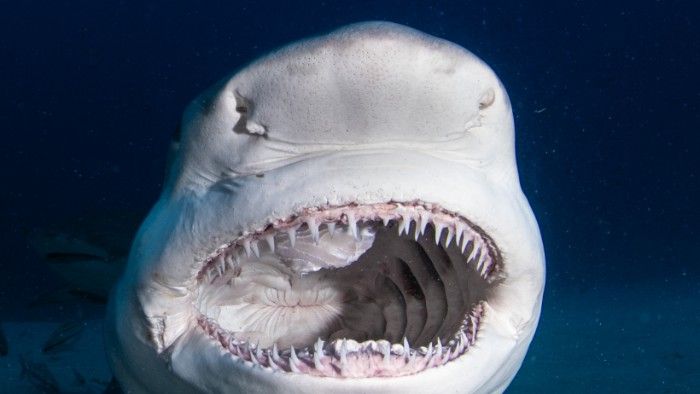
“
The mouth is a marvel of the human body, playing a vital role in taste, digestion, communication, and overall health. In this blog, we uncover inspiring facts about the mouth, highlighting its intricate functions and extraordinary capabilities. From the record-breaking achievements to the fascinating biological processes, these insights into the mouth will leave you amazed at its importance in our daily lives. Dive into these inspiring facts about the mouth and discover the wonders behind every smile, bite, and word.1
1
”
Without saliva, the mouth would be unable to taste anything. Saliva not only dissolves taste substances but also acts as a solvent that transports these substances to taste receptors, making it crucial for taste perception.1
Teeth begin developing before birth, but they typically don't emerge until a baby is between 6 and 12 months old. This process of tooth formation starts in the womb, but visible teeth appear much later as the baby grows.2

On April 24, 2004, at Double Springs High School in Winston County, Alabama, USA, Chad Fell blew a bubblegum bubble with a diameter of 50.8 cm (20 inches). Remarkably, he achieved this record without using his hands.
The mouth houses over 6 billion bacteria, including 700 different species. This diverse bacterial colony can influence both oral health and overall body health, making mouth hygiene crucial.3
Modern smart toothbrushes feature sensors and Bluetooth technology to track brushing habits and provide real-time feedback. They monitor brushing duration, technique, and pinpoint areas needing improvement, helping users maintain better oral hygiene and achieve more effective brushing.4

The narwhal's long, spiral tusk is actually a tooth that can grow up to 10 feet (3 meters) long. It’s believed to play a role in mating displays and establishing dominance among males, although its exact functions are still studied.

The largest mouth gape, measuring 10.196 cm (4.014 in), belongs to Isaac Johnson from the USA. This record was verified in Milan, Italy, on February 22, 2022. Isaac's mouth gape was also re-measured on the set of Lo Show dei Record.
Children usually have 20 primary teeth, which eventually fall out as they grow. Adults typically have 32 permanent teeth, including the molars and wisdom teeth, which replace the primary teeth and are essential for chewing and speaking throughout life.5

If you come across a woman on TikTok with a unique style, a great sense of humor, and an exceptionally large mouth, you’ve likely found Samantha Ramsdell, a Guinness World Records title holder. The 31-year-old from Connecticut is a standout in the world of records.
Some fish, like the whale shark, have specialized structures called gill rakers in their mouths. These rakers filter plankton and small organisms from the water as the fish swims with its mouth open.6
Saliva in the mouth helps to protect teeth and gums by neutralizing acids and washing away food particles. This function helps prevent tooth decay and gum disease.7
New artificial taste sensors are being developed to mimic human taste perception. These sensors can analyze food and drink for quality control, flavor profiling, and even detect contaminants or spoilage, improving food safety and consumer experience.8
To protect your teeth while swimming, keep your mouth closed as much as possible. Chlorine in pool water can erode tooth enamel over time, leading to sensitivity and potential damage. Maintaining this habit helps preserve your dental health and enamel integrity.9
The tongue’s surface is covered with tiny papillae, giving it a rough texture. This texture helps in tasting and manipulating food, making the mouth’s sensory functions more efficient.10
The mouth helps regulate body temperature by releasing heat through saliva. This function aids in maintaining a stable internal temperature, especially during physical activity.11
Throughout our lives, we produce approximately 37,854 liters of saliva, which is enough to fill two average-sized swimming pools. This constant flow of saliva plays a crucial role in digestion, oral health, and maintaining a moist mouth.12
Over the course of their lifetime, the average person spends about 38.5 days brushing their teeth. This significant time investment underscores the importance of maintaining good oral hygiene for overall dental health and well-being.13
Modern smart braces come with built-in sensors that track tooth movement and treatment progress. These braces can send data to orthodontists remotely, allowing for adjustments in real-time and improving the efficiency of orthodontic treatments.14
Your enamel is the hardest substance in your body, even tougher than bone. It forms the protective outer layer of your teeth, shielding them from decay and damage. This remarkable strength is crucial for enduring daily wear and tear.15

Humans have two sets of teeth in their lifetime: baby teeth and permanent adult teeth. In contrast, sharks can have up to 40 sets of teeth throughout their lives. They continuously shed and replace their teeth to maintain a functional bite.


